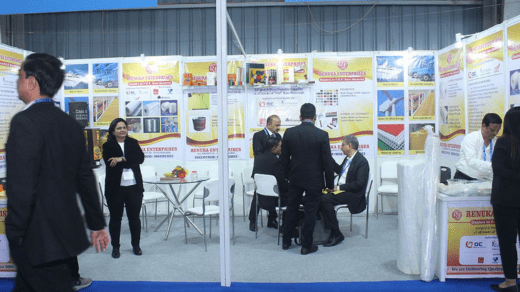
ICERP
Reinforced plastics include polymer metrics that are reinforced with fibres, drawing significant interest in the previous two decades. It is a substitute for traditional plastic because of its higher strength, lightweight nature, adjustable customisation, and durability. Reinforced plastics have been used in several applications, including automotive, aerospace, energy, medical, and sports industries.
Apart from being reliable, durable and strong, reinforced plastics are also a sustainable fibre made from biodegradable and renewable fibrous materials and polymer mattresses as they potentially minimise environmental impacts.
Sustainability in Reinforced Plastics
As sustainability is increasingly becoming a major priority across several industries, reinforced plastics are also driving the creation of sustainable products. The creation of these lightweight composites with high performance at a reduced cost is mainly dominated by the usage of sustainable and biodegradable materials.
- The environmental impacts of plastics are substantial and widespread as they stand as non-biodegradable and can exist in the environment for hundreds of years.
- Furthermore, increasing awareness of the environmental crisis, fossil fuel depletion, and sustainability forces innovators and researchers to move towards manufacturing biodegradable, sustainable and recyclable reinforced plastic.
- Natural fibres used in creating reinforced plastics are proven to be materials that produce sustainable compositions because of their lightweight properties, abundance and low cost, along with amazing mechanical properties, non-abrasive nature, high specific strengths, biodegradable features, and eco-friendliness.
- Reinforced plastics are becoming attractive to manufacturers from different industries as a replacement for mineral fillers and glass for producing sustainable products.
ICERP: Promoting Sustainability With Reinforced Plastics
The usage of biodegradable and renewable fibrous materials and polymer matrices in reinforced plastic considerably reduces the environmental impacts of these composites. You can also learn more about its sustainability by attending the ICERP reinforced plastics conference in India.








